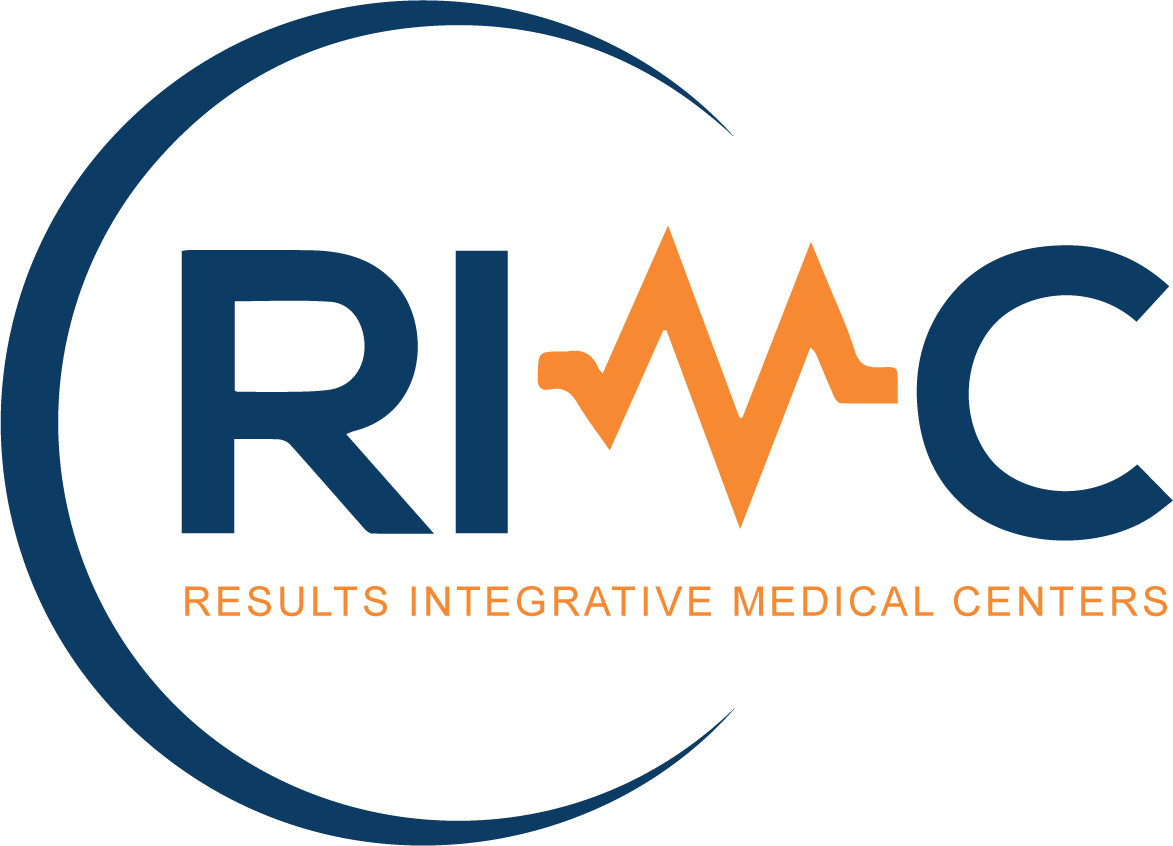Introduction: Being “Committed to Healthcare” represents the unwavering dedication of healthcare professionals and organizations to provide the highest standard of care, driven by a profound commitment to excellence and compassion. This commitment extends to all aspects of healthcare, from patient treatment and safety to continuous improvement and innovation. In this note, we explore the core principles and values that underpin this dedication to healthcare.
Patient-Centered Care: At the heart of the commitment to healthcare is the principle of patient-centered care. It prioritizes the well-being, preferences, and dignity of patients, ensuring that their needs guide every aspect of care.
Clinical Excellence: Healthcare professionals strive for clinical excellence by continuously updating their knowledge, skills, and practices. This commitment to continuous learning and improvement ensures that patients receive the best possible care.
Compassion and Empathy: Compassion and empathy are central to healthcare. Professionals recognize the emotional and psychological aspects of healing and offer support, understanding, and comfort to patients and their families.
Ethical Standards: Upholding the highest ethical standards is non-negotiable. Healthcare providers adhere to strict codes of ethics, respecting patient confidentiality, informed consent, and the rights and autonomy of individuals.
Safety and Quality: Ensuring patient safety and the highest quality of care is paramount. Rigorous safety protocols, evidence-based practices, and continuous quality improvement efforts protect patients from harm.
Interdisciplinary Collaboration: Collaboration among healthcare professionals from different disciplines is vital. It ensures that patients receive comprehensive, holistic care that considers their physical, mental, and emotional needs.
Innovation and Research: A commitment to healthcare involves a commitment to innovation and research. Healthcare professionals engage in cutting-edge research, leveraging technology and scientific advancements to improve patient outcomes.
Cultural Competence: Cultural competence is valued, as healthcare providers strive to understand and respect diverse backgrounds, beliefs, and traditions to provide equitable care to all individuals.
Advocacy for Health Equity: Healthcare professionals are advocates for health equity, addressing disparities in healthcare access and outcomes. They work to eliminate systemic barriers and ensure that all individuals receive equitable care.
Community Engagement: The commitment to healthcare extends to community engagement, including health education, preventive care initiatives, and support for vulnerable populations. Healthcare organizations actively participate in their communities’ well-being.
Global Health Initiatives: Healthcare professionals and organizations often engage in global health initiatives, addressing pressing international health challenges and promoting health equity on a global scale.
Conclusion: “Committed to Healthcare” is a resolute dedication to providing exceptional care while upholding the values of compassion, excellence, and ethical integrity. It reflects the unwavering commitment of healthcare professionals and organizations to improve the lives of individuals and communities through the provision of high-quality, patient-centered care. By embracing these principles, healthcare providers ensure that healthcare is not just a profession but a calling—a calling to serve, heal, and advocate for the well-being of all.







Patricia Rodriguez
Ut wisi enim ad minim veniam, quis laore nostrud exerci tation ulm hedi corper turet ipsum dolor sit amet, consectetuer adipiscing elit, sed diam nonummy nibh euismod tincidunt ut laoreet dolore magna aliquam erat volutpat. Ut wisi enim ad minim veniam, quis nostrud exerci tation ullamcorper suscipit lobortis nisl ut aliquip ex ea commodo consequat.